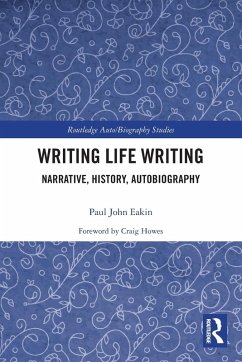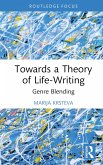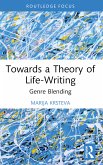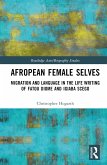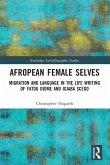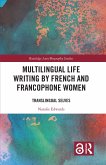Why do we endlessly tell the stories of our lives? And why do others pay attention when we do? The essays collected here address these questions, focusing on three different but interrelated dimensions of life writing. The first section, "Narrative," argues that narrative is not only a literary form but also a social and cultural practice, and finally a mode of cognition and an expression of our most basic physiology. The next section, "Life Writing: Historical Forms," makes the case for the historical value of the subjectivity recorded in ego-documents. The essays in the final section, "Autobiography Now," identify primary motives for engaging in self-narration in an age characterized by digital media and quantum cosmology.
Writing Life Writing: Narrative, History, Autobiography shows how autobiographical narrative works as an essential aspect of humanity. In fresh, exciting ways, it melds literature with psychology, neurobiology, ethics and cultural anthropology, to argue that telling stories about ourselves is psychically and even biologically motivated. Eakin guides us through the fact-fiction tease of the form, its relevance to historians and its future in an age of social media. Eakin's own experiment with writing autobiographically, which closes this beautifully written collection, will intrigue those who wonder what it is to find a vocation in writing about life writing, distilling with it a life time of thinking about this ever-interesting form and practice.
-Margaretta Jolly, Professor of Cultural Studies, University of Sussex
-Margaretta Jolly, Professor of Cultural Studies, University of Sussex

